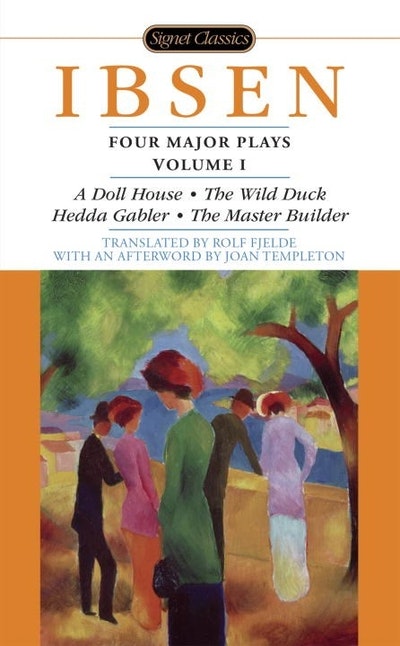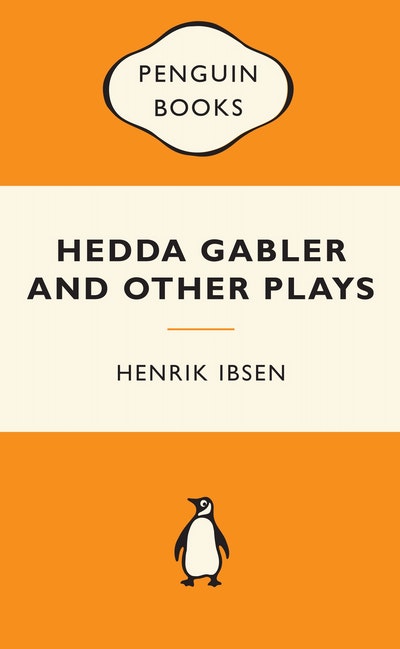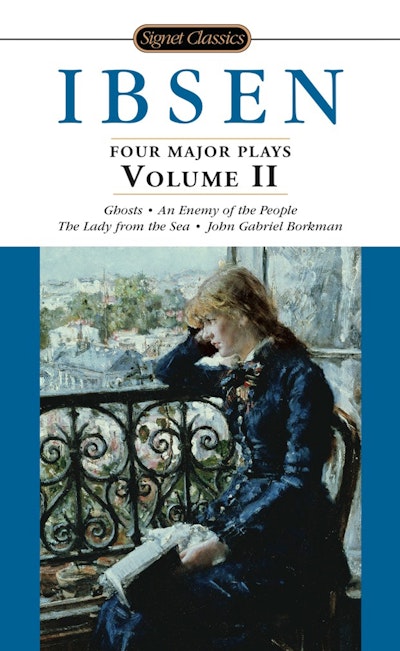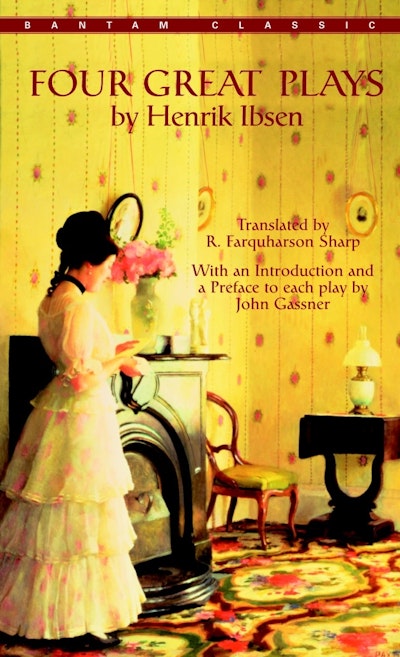Four Major Plays: Volume I
A Doll House • The Wild Duck • Hedda Gabler • The Master Builder
Among the greatest and best known of Ibsen’s works, these four plays brilliantly exemplify his landmark contributions to the theater: his realistic dialogue, probing of social problems, and depiction of characters’ inner lives as well as their actions. Rich in symbolism and often autobiographical, each of these dramas deals convincingly and provocatively with such universal themes as greed, fear, and sexual hostility, and confronts the eternal conflict between reality and illusion. These Rolf Fjelde translations have been widely acclaimed as the definitive versions of the major works of the father of modern theater.
Translated and with a Foreword by Rolf Fjelde
And an Afterword by Joan Templeton









